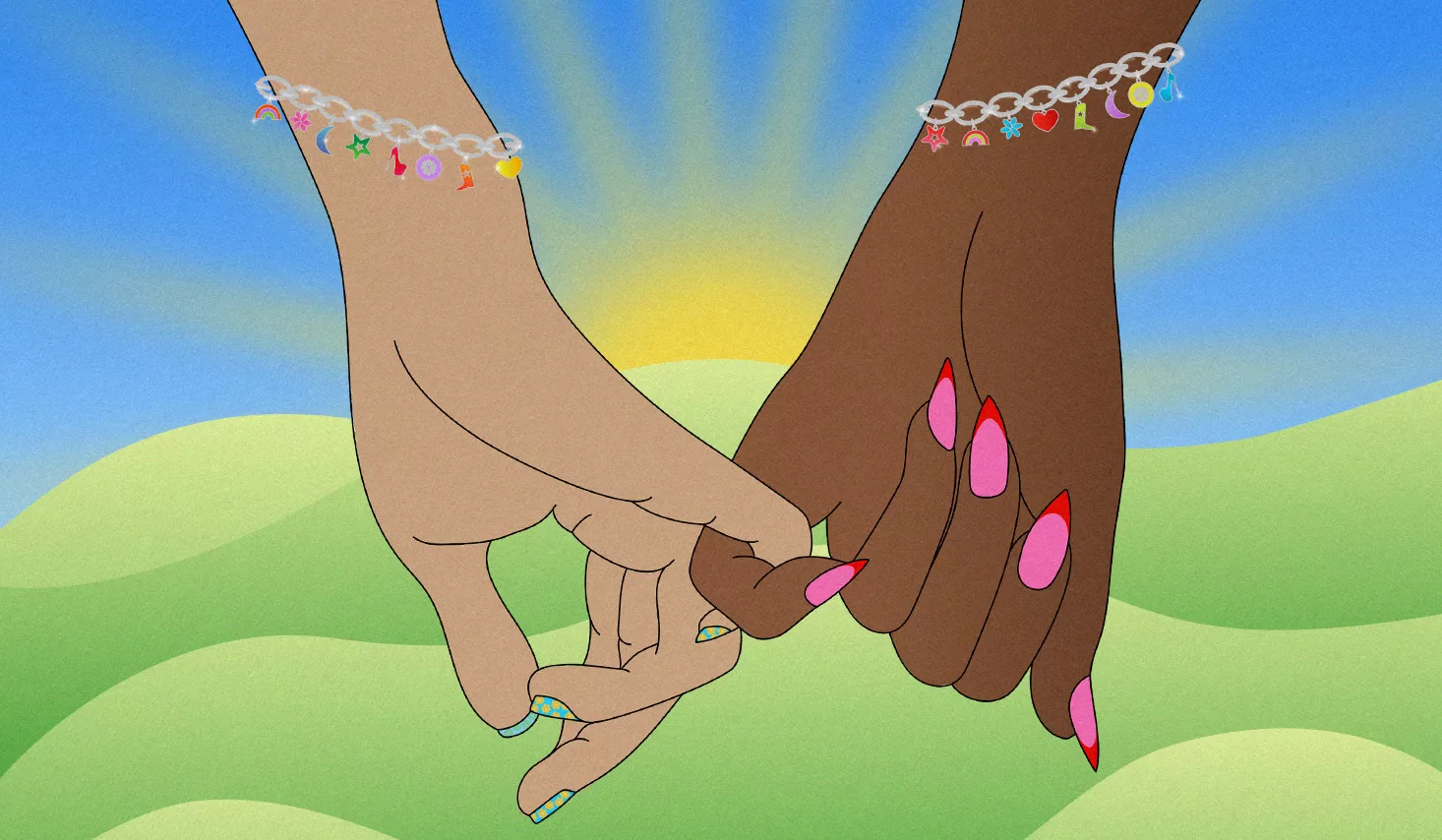IDAHOBIT was designed to increase awareness and unite people against homophobia, biphobia, Intersexism and transphobia. Its aim is to gain the attention of politicians, leaders, media and public, and have our voices and stories heard. Organisations around the world join forces with allies, activists and campaigners to spread the message of acceptance and stand in solidarity with victims of discrimination.
On days like today it’s immensely important to acknowledge how lucky we are to live in a more accepting society, but millions of people around the world aren’t so lucky.
There are still 64 countries that criminalise homosexuality, while trans people still face severe punishment in at least 13 countries.
“On this day, let’s raise our voices and recommit our efforts to put human dignity at the heart of all that we do to build more just and more inclusive societies,” says Achim Steiner, Administrator, United Nations Development Programme (UNDP).
Why is it so important?
In recent years we’ve seen a worrying number of anti LGBTQIA+ incidents all around the world.
Last year, Uganda introduced punitive laws targeting the queer community and introducing the death penalty for so-called ‘aggravated’ homosexuality. This year, Ghanaian politicians are pushing a bill which would make identifying at LGBTQIA+ illegal. In Russia, individuals have been arrested following the state’s decision to label the LGBTQIA+ rights movement as a form of extremism.
Anti-LGBTQIA+ attacks have increased in the UK in recent years, services are being cut and trans people are under attack in the media on a daily basis. We’ve also seen the benefits of gender-affirming healthcare, especially for youth, be undermined through the controversial Cass Report.
It’s important to remember discrimination isn’t always a physical or verbal attack. It can also be restrictions to healthcare, education, information and benefits. Discrimination comes in many forms and guises, it isn’t always obvious. This is why we must always remain vigilant.
Days like today will always be important. As a community we need to use every opportunity possible to highlight injustices the LGBTQIA+ community face.
We need to reignite the Stonewall spirit.
The LGBTQIA+ community has made incredible progress over the years, multiple countries have dropped anti-gay laws, legalised same-sex marriage and introduced inclusive education. Add to that improved representation in music, film, politics and the media, and we’re definitely on the right track in many areas.
There is a lot to be thankful for, but we must never get complacent. Every day people are under attack because of who they are. We cannot rest until the global community are free to be themselves, to be able to live and love freely.
Allies, we need you too. We love that you enjoy our culture, events and attend Pride, but being an ally is more than that. Speak up when we’re under attack, respect our spaces and listen to our experiences. Use days like today to learn what we face as a community and what you can do to help. It’s important to remember the fight against intolerance is all of ours and it affects everyone.
As a community it is our duty to use the rights we have to encourage positive change. We can all play a part in raising awareness, visibility and spreading some love. Go out there and live your lives unapologetically – you never know who is watching or who you’re inspiring.
Today we come together to send a loud and clear message; Homophobia, biphobia, intersexism and transphobia have no place in this world.
Until each and every member of the global LGBTQIA+ community is free to be themselves without fear of persecution, our fight continues. No one gets left behind.
